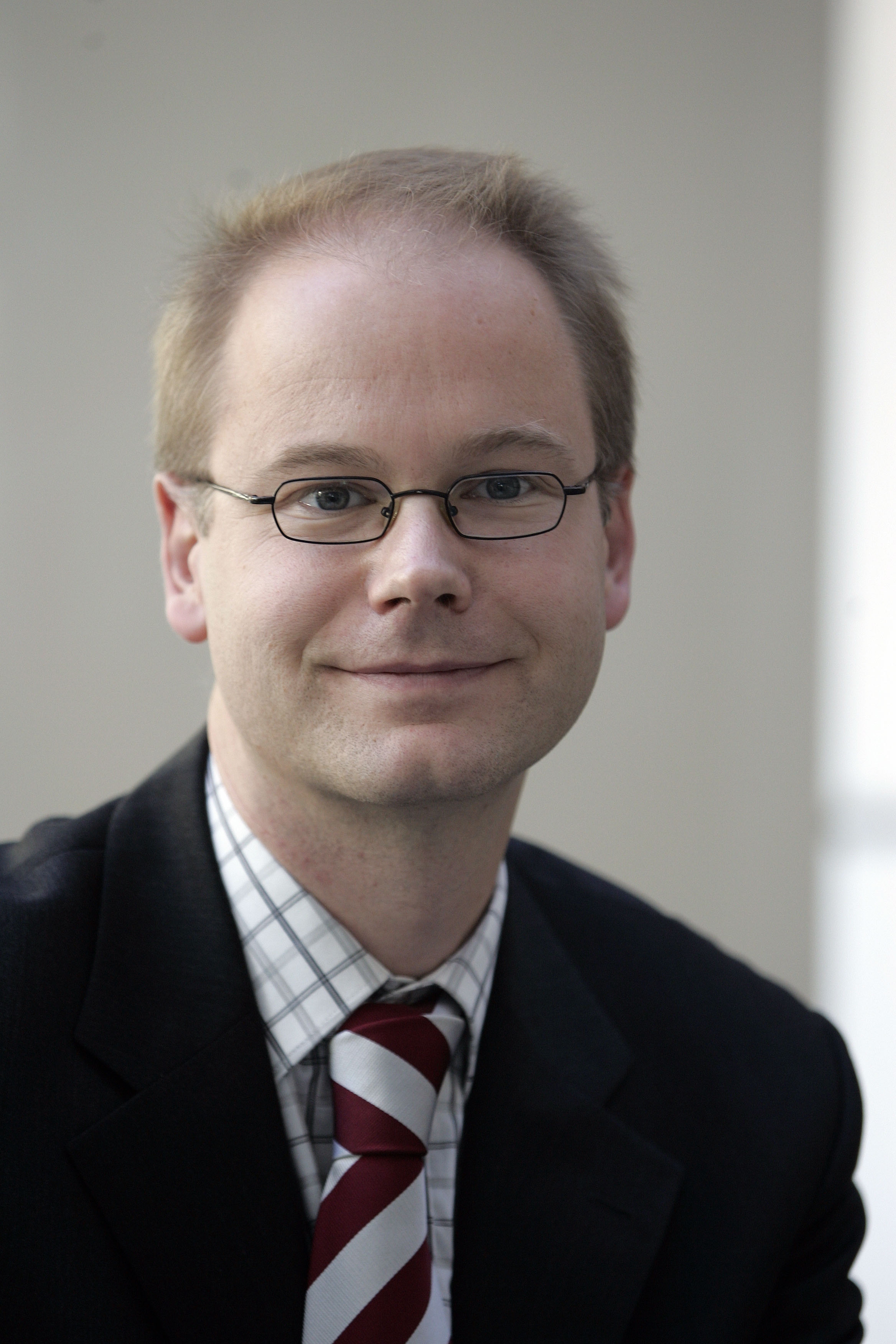CODE_n13 Jury: Interview with Carsten Knop
Carsten Knop is a senior business editor of the German daily »Frankfurter Allgemeine Zeitung« (FAZ), based in the Frankfurt headquarters and in charge of the companies section of his paper. He contributes editorials and feature stories. He was born in Dortmund, and educated at the University of Münster, Germany. Carsten Knop was already involved in CODE_n12 as a juror and we’re very proud to welcome him in our CODE_n13 jury as well.
Janina Benz: From your perspective as a journalist, what “turning points” have made people take the renewable energy transition more seriously?
Carsten Knop: Without a doubt: the decision made by the German government to withdraw from nuclear energy. The shockwaves caused by Fukushima were a clear indication that sticking doggedly to this source of energy in Germany is no way to keep winning elections. A natural consequence of this is that renewable energy simply has to be taken more seriously in Germany. It’s our future.
Janina Benz: You recently attended the World Economic Forum in Davos. What are the big players talking about in regards to energy?
Carsten Knop: The German transition to renewable energy is not being applauded by everyone. It’s placing a burden on neighboring countries in a number of ways, especially if the European grid has to compensate for German power fluctuations, which are inevitable with renewable energy. Also: withdrawing from nuclear energy to this extent has never been seriously mimicked in any way by other developed countries.
Janina Benz: What do you think are the biggest barriers to transitioning to renewable energy?
Carsten Knop: One thing everyone has to be conscious of is that this switchover will cost electricity customers a significant amount of money. Transitioning is expensive, and everyone will have to fund it. Also, the technical challenges are huge. For example, linking offshore wind farms to the electricity grid, or laying new power lines through countrysides, or smarter grids – these are just some of the new predicaments. But the German engineers will overcome this problem – if they’re given the money they need.
Janina Benz: How do you live an energy-efficient life?
Carsten Knop: Our house is connected to an extremely efficient combined heat and power unit. It’s also very well insulated. Our car is tuned for fuel-efficient driving. And in the office we do like to avoid using ceiling lights if it’s still light enough outside.
Janina Benz: What innovation (in energy or other sectors) do you think will have the greatest impact on society in the next ten years?
Carsten Knop: Without a doubt the switchover in lots of technical areas to smart grids, whether it’s energy supply, transportation, or even manufacturing. The digital world is also merging more and more with production. Industry 4.0 is becoming extremely exciting, paralleling what is happening with smart grids.
Janina Benz: Which new clean-tech innovations are you personally most excited about?
Carsten Knop: On a personal level, I’m most interested by wind energy – and how to control electricity networks at home, intelligently. Oh and I forgot: we’ve also got one of those smart home systems.
Janina Benz: Out of all the clean-tech sectors (renewable energies, e-mobility, smart grid, etc.), which do you think will see the most developments in the next five years?
E-mobility and smart grids.
Janina Benz: How has the ‘average’ clean-tech consumer changed over the last decade?
Carsten Knop: The average customers of these industries are no longer some kind of eco-hippy. They’re anybody: the average person walking down the street, of any age or social strata. Although they still tend to earn a bit above average.






Write a comment